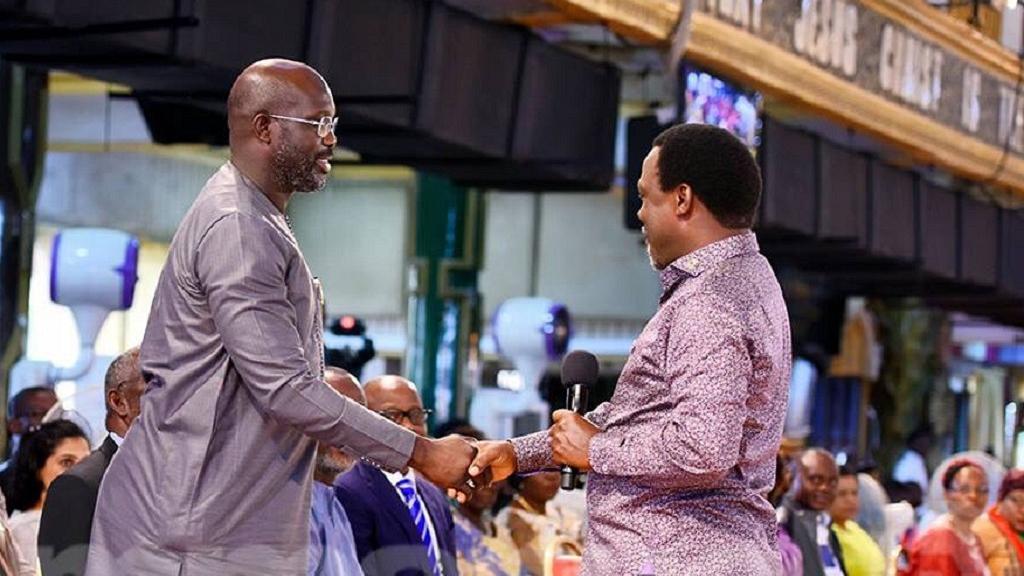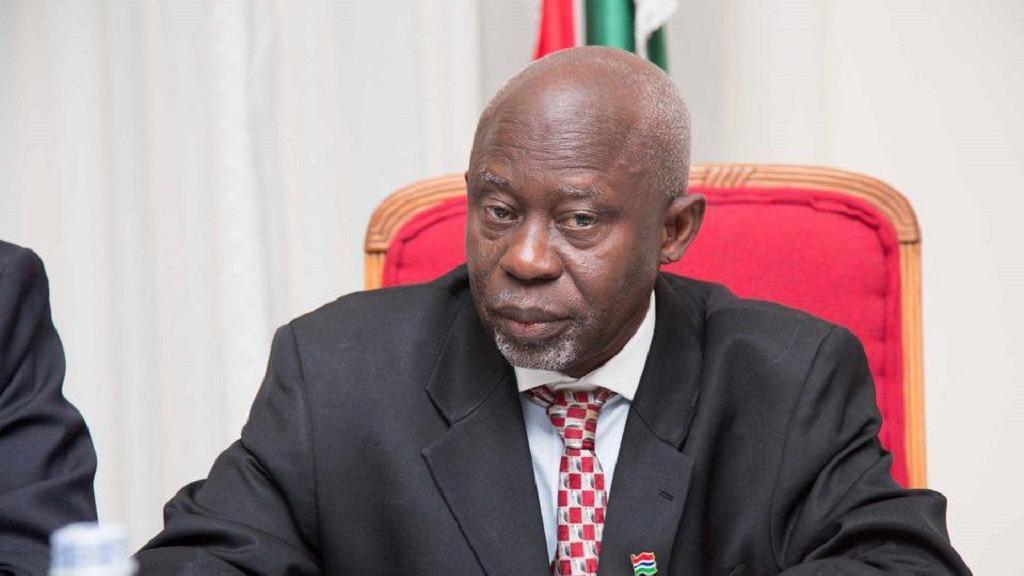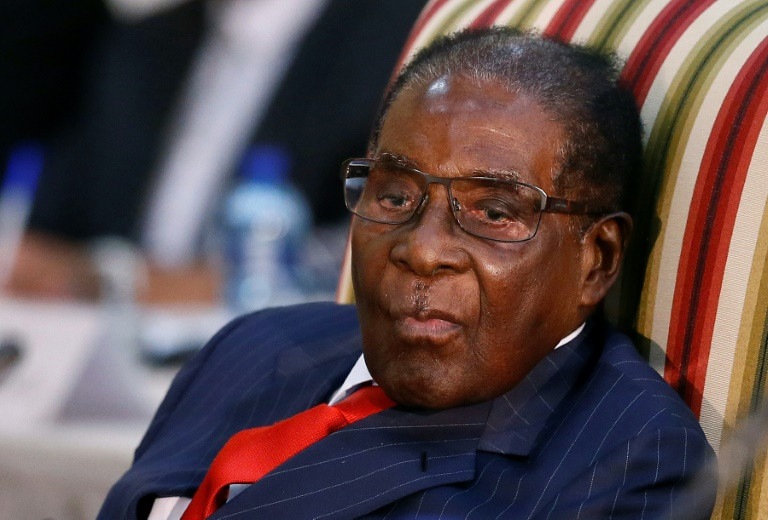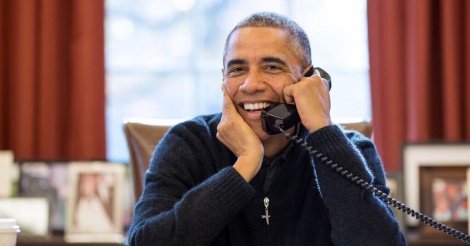DR Congo elected to U.N. rights council; Britain, U.S. unhappy
Democratic Republic of Congo was among 15 countries elected to the United Nations Human Rights Council for a three-year term on Monday, a moved criticized by Britain, the United States and rights groups after the vote by the 193-member General Assembly.
While Congo was elected uncontested to the 47-member Geneva-based council, it still needed majority support. The country – beset by renewed political and militia violence since President Joseph Kabila refused to step down in December – won 151 votes.
“Political repression, civilian attacks, mass graves. What happened in DRC last year makes their election to the Human Rights council entirely disappointing,” British U.N. Ambassador Matthew Rycroft posted on Twitter.
U.S. Ambassador to the United Nations Nikki Haley, who has called for the Human Rights Council votes to be competitive, said Congo’s election harmed the credibility of the body.
“Countries that aggressively violate human rights at home should not be in a position to guard the human rights of others,” Haley said in a statement.
The United States is reviewing its membership in the council. It is in the first year of a second term, but U.S. President Donald Trump’s administration has called for reforms to eliminate what it called its “chronic anti-Israel bias.”
Angola, Senegal, Slovakia, Ukraine, Chile, Mexico, Peru, Afghanistan, Nepal, Pakistan, Australia and Spain were also elected to the body on Monday, while Nigeria and Qatar won second terms. Their terms start on Jan. 1, 2018.
To ensure geographical representation, states are nominated in five regional categories. Four slates were uncontested, while there were five candidates for four Asia Pacific seats in which Malaysia lost.
Council members cannot serve more than two consecutive terms. The council is able to rebuke governments it deems as violating human rights and to order investigations.
Human Rights Watch called for elections to be competitive.
“The Democratic Republic of Congo’s election to the Human Rights Council is a slap in the face to the many victims of the Congolese government’s grave abuses across the country,” said Louis Charbonneau, U.N. director at Human Rights Watch.
The violence in eastern and central Congo has displaced over 1.5 million in the past year and revived fears of civil war in a country where conflicts from 1996-2003 resulted in millions of deaths and spawned dozens of armed groups that prey on local populations and exploit natural resources.
Read more »




